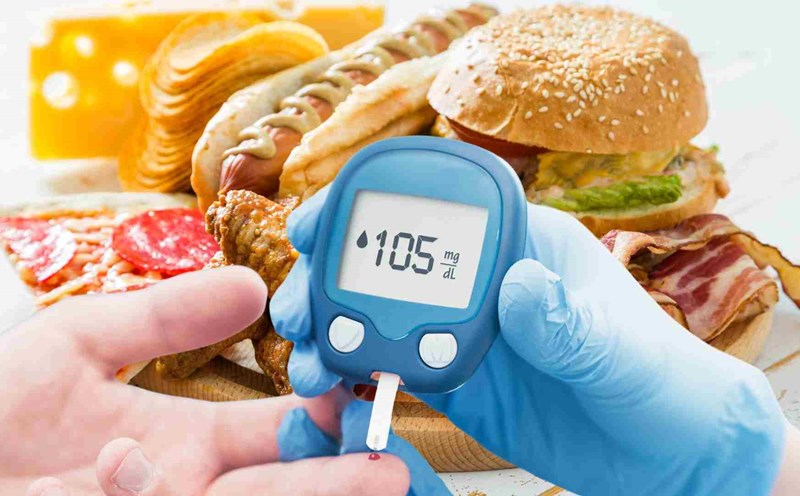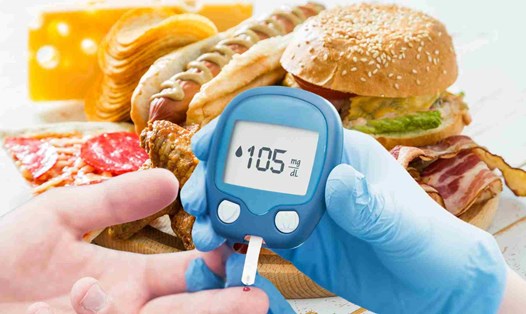Drink warm water as soon as you wake up
Drinking a glass of warm water when you wake up helps stimulate metabolism and enhance liver function, an organ that plays an important role in regulating blood sugar.
According to research from the American Diabetes Association (ADA), drinking water helps maintain body moisture, helping the kidneys eliminate excess glucose through urine. Warm water also helps improve blood circulation and reduce insulin resistance.
Do deep breathing exercises or meditation
Deep breathing or meditation for 5-10 minutes in the morning helps reduce stress, thereby controlling the hormone cortisol, a factor that can increase blood sugar.
According to the Journal of Behavioral Medicine, practicing meditation regularly can improve insulin sensitivity and reduce the risk of sudden spikes in blood sugar.
Deep breathing exercises also help supply oxygen to the organs, helping to balance energy.
Gentle exercise
Gentle exercises like yoga, walking or some stretching help energize the body and aid in blood sugar control.
According to the World Health Organization (WHO), morning exercise increases the cells' ability to absorb glucose without insulin, thereby helping to naturally reduce blood sugar levels.
Just 15-20 minutes of activity is enough to improve circulation and kick-start your metabolism.
Eat breakfast rich in fiber and protein
A balanced breakfast plays an important role in maintaining stable blood sugar levels throughout the day.
Add fiber from whole grains, green vegetables, or low-sugar fruits like apples and pears; and eat protein from eggs, unsweetened yogurt, or nuts. A high-fiber breakfast helps slow down the absorption of sugar and avoid sudden spikes in blood sugar.
Check blood sugar level (if needed)
For people with diabetes or at risk, checking blood sugar in the morning is necessary to monitor health.
According to the American Diabetes Association, measuring fasting blood sugar provides important information about your body's ability to control glucose.
If blood sugar levels are high, you may need to adjust your diet and daily activities to avoid the risk of complications.











